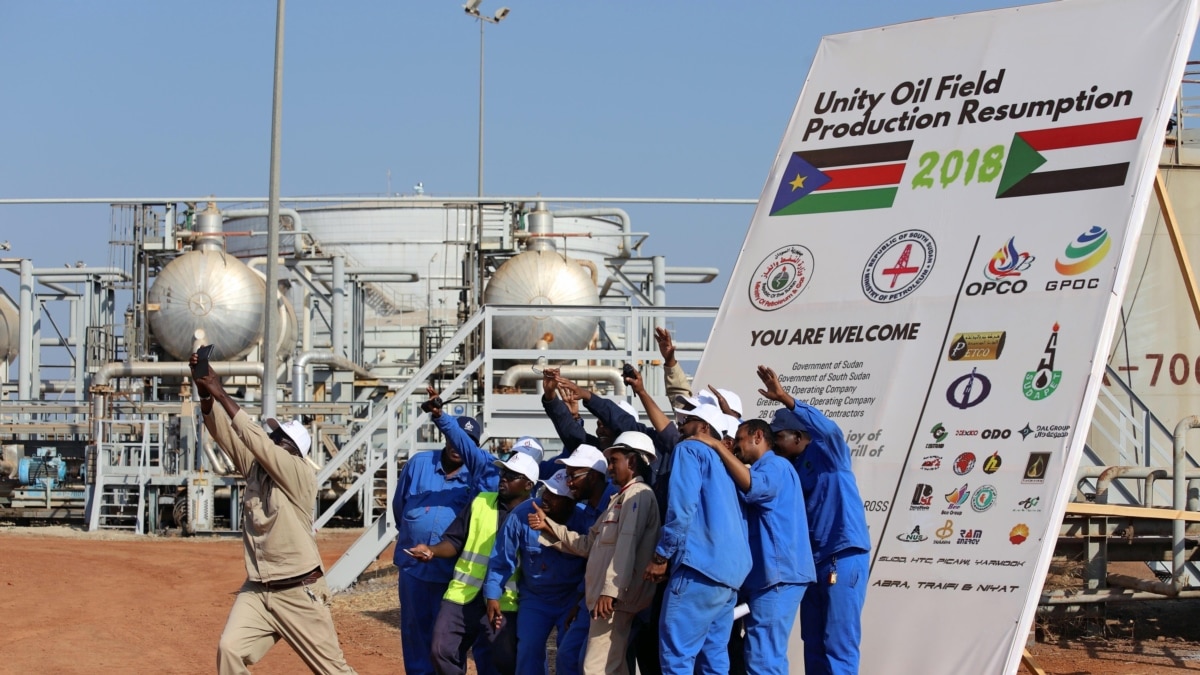
South Sudan’s Oil Industry Remains Dependent on Foreign Help
JUBA, May 7 (NNN-Xinhua) — South Sudan said it has kicked off plans to nationalize the country’s oil industry in the next five years.
Awou Daniel Chuang, Undersecretary in the Ministry of Petroleum told journalists in Juba, the capital of South Sudan, that the ministry has started the process of readying the oil sector to be nationalized and stop dependence on foreign help.
“When we talk about local content, we talk about maximizing the benefits and to maximize the number of people who are working in the oil industry but it does not mean it will be 100 percent, we have already reached 90 percent. For us to reach that level of nationalization, it will not take us less than five years for us to have quality engineers and quality managers, IT can take us about five years,” Daniel said.
South Sudan, whose oil fields were destroyed during the civil war, has largely employed foreign engineers to produce and export the country’s crude oil to Sudan, where it is processed and sent to the international market.
Daniel said the ministry has constructed a geological data center that will be used for training and technical operations for the institution as part of the nationalization process.
He also said the government has purchased three aircrafts to be used for geological mapping of the areas in the country and it has as well constructed a hangar at the airport to facilitate the process.
Daniel, however, noted that the country’s production of crude oil reduced by over 20,000 barrels per day over the last three years as a result of flooding in the country.
He said the South Sudan government is working with Egypt to build dykes and drenches to address the challenge of flooding.
South Sudan is the most oil-dependent nation in the world, with oil accounting for almost the totality of exports, and around 60 percent of its gross domestic product (GDP), according to the World Bank. — NNN-XINHUA





